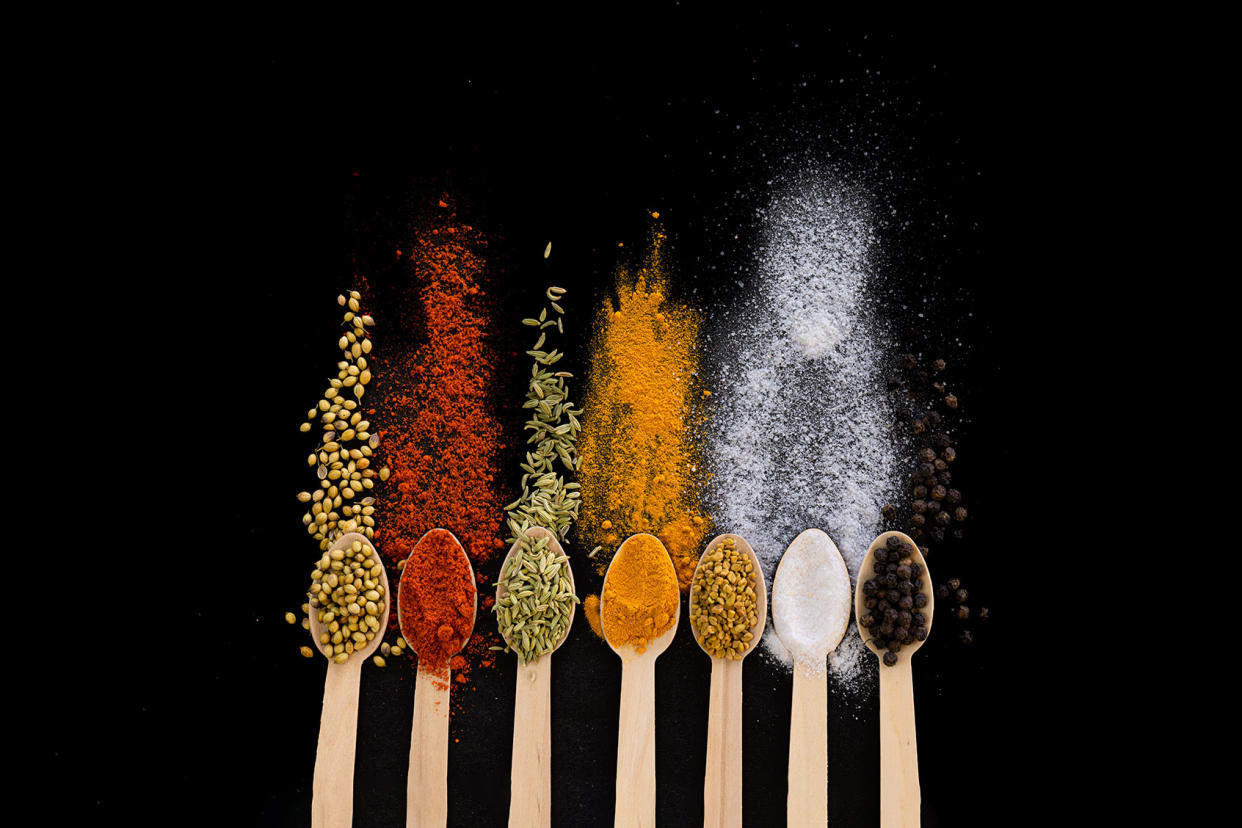Every beginner cook should have these 7 spices in their cabinet

Most of us understand that throwing bulk ingredients into a pan — no salt, no pepper, no seasoning —and then eating them as-is in not a particularly transformative culinary experience. That said, it can sometimes be intimidating for beginner cooks to know where to start when the time comes to build out their spice cabinet.
But here's a little secret: Most food, on its own accord, is innately good. Spices (and fresh herbs) just build upon that already intact flavor. That means that you don't a cabinet full of expensive cutesy-named spice blends in order to prepare some truly high-quality food.
So, for those who are looking to bulk up the spices in their cupboard or diversify their at-home cookery, here's a simple run-down of the top spices all cooks should have at their disposal.
A few notes before getting into it
This is largely geared towards savory cooking. If we were talking other types of cooking (sweets, baking, beverages), I'd venture into more warming spices, such as cinnamon, cloves or cardamom, as well as staples like vanilla extract. I do, however, often use nutmeg in certain savory applications, such as when cooking greens or any sort of cream or Bechamel-based sauce (props to Rachael Ray for this).
I am not including any dried herbs, as they are indeed herbs, not spices. I will note, though, that my number-one most used item in my spice cabinet this year is freeze-dried chives, which I have become obsessed with and use in practically everything I make.
I'm not going to include seeds, but I will say that sesame seeds (both white and black) and mustard seeds are some of the most commonly used "spices" in my cupboard.
Want more great food writing and recipes? Subscribe to Salon Food's newsletter, The Bite.
Read more
about this topic
Solve the daily Crossword

